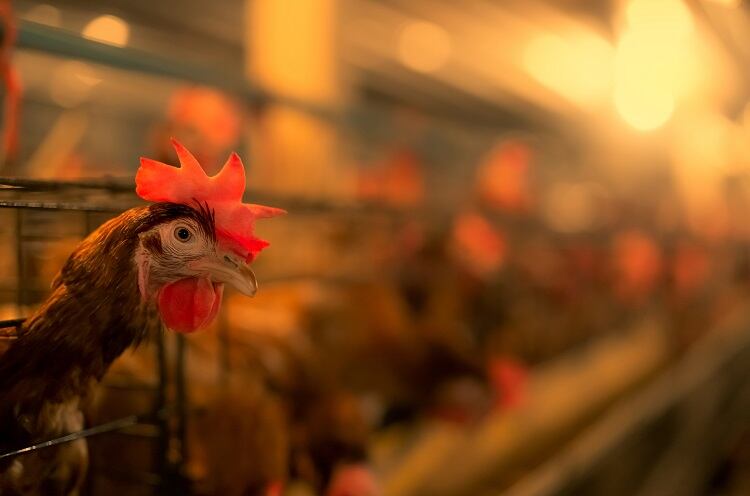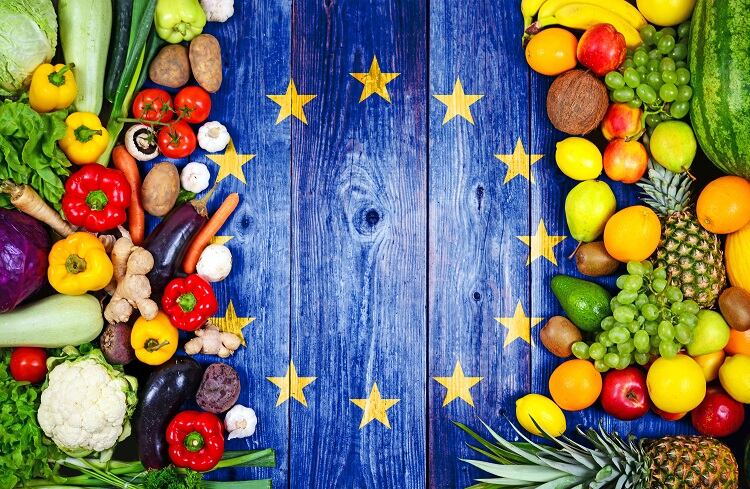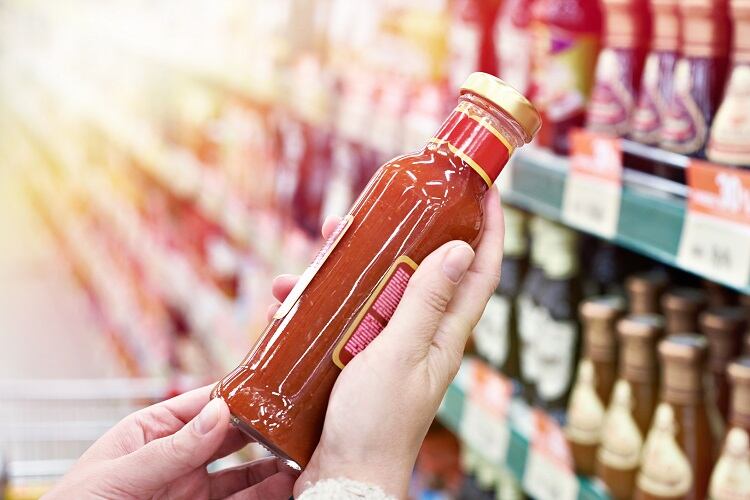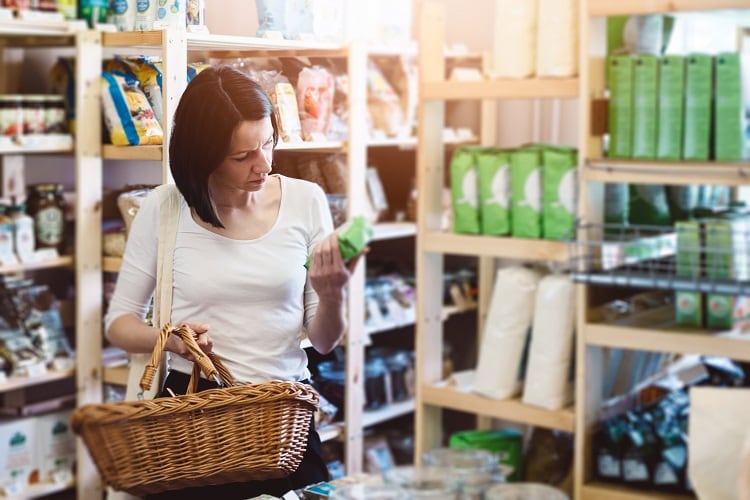The European Commission plans to have proposed mandatory country of origin labelling for an extended range of food products by Q4 2022.
This could see rice, potatoes, and durum wheat used in pasta subjected to origin indication laws, alongside the products currently required to adhere, such as fruit and vegetables, honey, olive oil, eggs, fish, and beef.
It has been suggested that consumers have much to gain from such regulation. The same cannot be said for all food players, according to industry representatives, who are pushing back against the motion.
‘Empowering consumers’ to make healthy choices
Just as front-of-pack nutrition labelling is regularly endorsed for its role in helping consumers make informed choices, so too has country of origin labelling received support.
Mandatory indication of origin is ‘crucial’ to the health of consumers, according to Italian MEP Alessandra Moretti.
“Part of the great revolution of the new Farm to Fork strategy is the aim of empowering citizens to allow them to make informed, healthy and sustainable food choices. This can only happen through clear communication regarding the product,” she said at a recent European Food Forum (EFF) event.
“Precise and fair front-of-pack (FOP) labelling is an essential tool to protect consumers, making them more aware of what they are buying and eating.”
For Moretti, who stressed that the European Commission’s ‘main interest’ is consumer protection and the ‘minimisation of risks to public health’, ‘correct’ consumption of food depends on the accuracy of information provided. “If there are errors or deficiencies in the indications, consumers could misinterpret the content of products.”
The MEP continued: “Our mission is to give the citizens all the tools they need to make the best possible choices regarding their health and their children’s health.”
Animal welfare, transport miles
Other areas where consumers stand to gain include being able to make more informed decisions about food miles and animal welfare, argued Daniela Nowotny from the Austrian Federal Ministry of Agriculture, Regions and Tourism’s Food Safety division.
Austria is currently ‘in talks’ about how to best implement mandatory labelling for milk, eggs, and meat when used as an ingredient. This comes as government surveys reveal Austrians have a ‘high interest’ in knowing where their food comes from, said Nowotny at the EFF event.

“When buying food, surveys show that freshness, local origin, taste and quality are the three most important criteria. When we look closer at origin, most important is that the origin is close to where the consumer lives, near their neighbourhood, or in their country.
“Second is a checked and controlled quality of food, which is then followed by sustainability, [organic] or ecological production.”
Austrians are also concerned about animal welfare and environmental sustainability. “Austrian people feel connected and close to animals and our surveys show that the origin of animal products is the most concerning interest,” Nowotny told delegates.
“I think origin labelling is relevant for issues such as animal wellbeing, animal transport, and climate change. It gives the consumer an indication about the transport distance, which is also relevant for CO₂ emissions and the transporting of animals.”
Implications for industry
In Austria, Nowotny believes mandatory country of origin labelling will also benefit producers. Local farmers have a ‘strong interest’ in making sure that origin indication is ‘visible and transparent’ on the label, she explained.
“Farmers in Austria are, for the most part, family businesses and they…want to be visible in the food chain.”
MEP Moretti similarly pointed to potential benefits for industry, describing mandatory indication of origin as ‘crucial’ for companies. “Companies could benefit from correct labelling by constantly monitoring the process, production and distribution of food. Companies [would] also have a clear picture that provides ample scope for intervention in the event of problems.”

At the same time, concerns have been raised that mandatory country of origin labelling could disrupt the single market, with negative implications for industry.
For Food Federation Germany’s Peter Loosen, who heads up the association’s Brussels Office, the single market is ‘one of the biggest achievements’ in Europe. It means that food safety is harmonised across the bloc, he explained: “Food safety is the same everywhere. Food products are as safe in Italy as they are in Germany.”
Loosen fears that country of origin labelling could encourage the renationalisation of markets, suggesting that ‘very thorough’ impact assessments of ‘all factors’ be undertaken by the Commission before deciding whether to introduce obligatory origin labelling.
The ‘most important’ impacts, therefore, concern the single market, big and small businesses, consumers, and prices, he continued. “In the end, it’s about sustainability of food systems, and these effects have to be taken into account.
“I am aware that there is enormous political pressure to introduce new origin labelling, but still, I think the evidence base has to be solid.”
Origin labelling ‘not adapted to reality’
Enforcing implementation of origin labels has also been criticised by the agricultural raw material processing sector, which argues such labels ‘disregard’ the realities of both industry players and international trade.
Speaking on behalf of Primary Food Processors (PFP) – which counts the European Cocoa Association (ECA), the European Committee of Sugar Manufacturers (CEFS), and the European Vegetable Oil and Proteinmeal Industry (FEDIOL) among its members – French Association of Sugar Producers’ (SNFS) Lionel Léonard said the sector uses raw materials from a variety of different sources.
“Processing bulk agricultural commodities as we do is a continuous production process involving multiple origins. Whether they are from EU or from non-EU origins, those different origins are blended.”
A range of factors influence processors’ decisions to use varying sources, whether it be seasonal availability, weather variations, the quality of raw materials, or price, he continued.
“It would be, in many cases, impossible for us to have origin labelling. Or if it were at all applied, it would have many consequences in terms of increasing costs.”
Such labelling schemes would also impact sourcing, processing, and storage, suggested Léonard.
“As far as storage is concerned, we would have to possibly increase our storage capacities to accommodate various origins. If I take the example of the sugar sector, which I know best, we had a huge reform of the common market organisations some years ago, [which led to the closing] of many factories and silos. I don’t imagine that we should build again new capacities to accommodate origin. So that’s an issue.”

Concerning potential consumer benefits, Léonard was unconvinced shoppers would gain as much as has been suggested. As all food sold in the EU market ‘has to be safe’, any association between safety and origin is not pertinent, he told delegates.
And as far as quality is concerned, Léonard believes mandatory labelling could prove misleading – particularly where consumers wrongly expect that food quality differs according to the origin.
While the SNFS representative stressed PFP is supportive of making the European food system more sustainable, overall it is does not support mandatory origin labelling for its products. “It would not be adapted to our reality. And it would not be, in most cases, feasible at all.”




